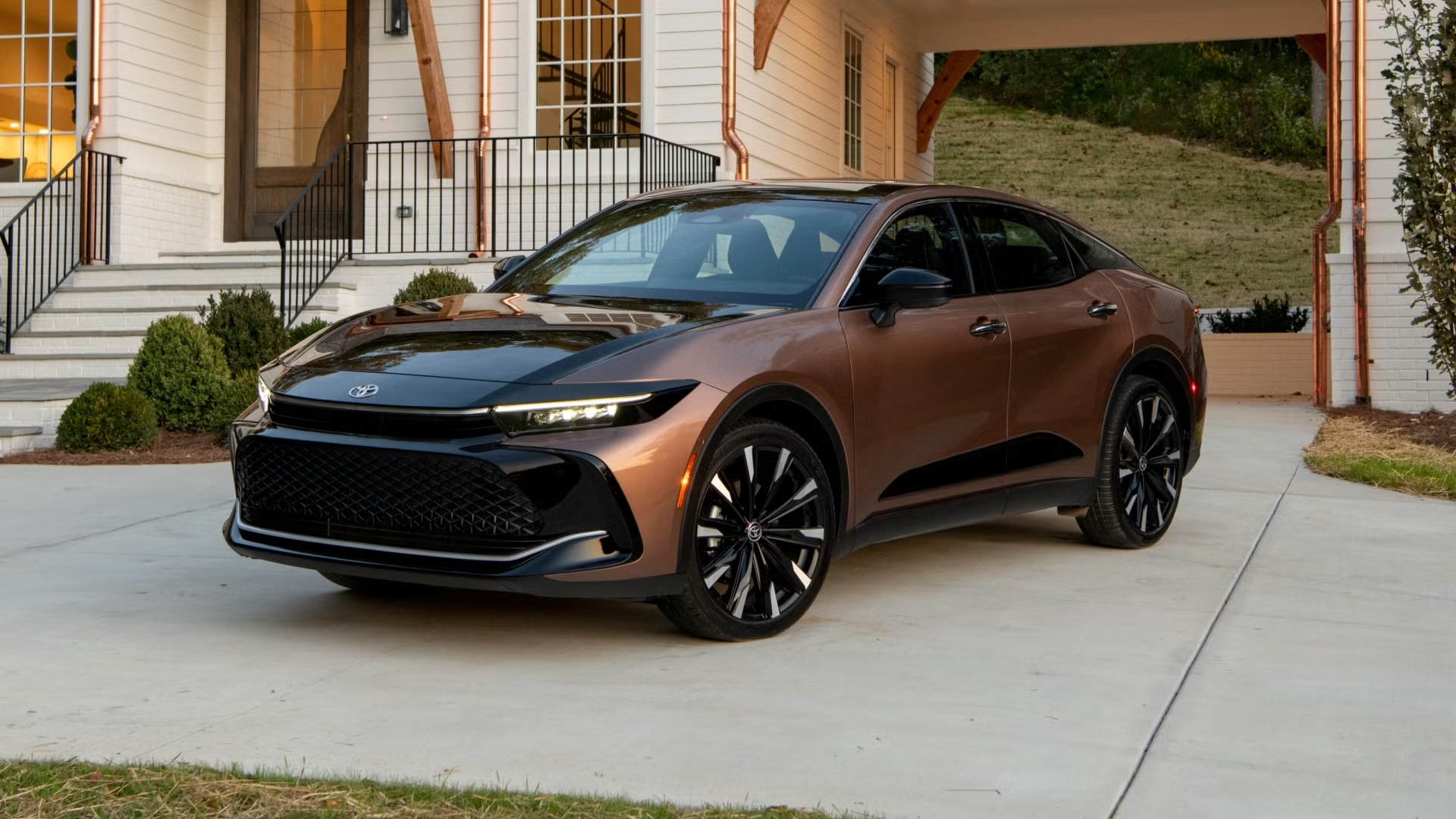As the global automotive landscape shifts toward cleaner and more efficient mobility, hybrid cars are gaining popularity as a practical middle ground between traditional petrol/diesel vehicles and fully electric ones. In India, where concerns about fuel prices, range anxiety, and charging infrastructure remain high, hybrid vehicles offer a compelling solution. But are they the right choice for you?
In this article, we explore how hybrid cars work, why they’re becoming increasingly popular, and whether they’re worth considering in today’s market.
What Is a Hybrid Car?
A hybrid vehicle combines two power sources—typically an internal combustion engine (ICE) and an electric motor. The electric motor assists the engine during acceleration and low-speed driving, improving fuel efficiency and reducing emissions.
There are three main types of hybrid systems:
- Mild Hybrid (MHEV):
- Electric motor assists the engine but cannot power the car on its own.
- Example: Maruti Suzuki Grand Vitara Smart Hybrid
- Full Hybrid (HEV):
- Can drive using electric power alone for short distances.
- Example: Toyota Innova Hycross, Honda City e:HEV
- Plug-in Hybrid (PHEV):
- Larger battery that can be charged externally; longer electric-only range.
- Not yet common in India but gaining traction globally.
Why Hybrid Cars Are Rising in Popularity
1. Fuel Efficiency
One of the main reasons people choose hybrids is to save on fuel. Hybrids use electric power during low-speed conditions like city driving, which reduces petrol/diesel consumption. In India’s stop-and-go traffic, this translates into real savings.
2. Lower Emissions
Hybrids emit fewer pollutants compared to conventional vehicles, making them an eco-friendly choice for urban environments with increasing air pollution concerns.
3. No Range Anxiety
Unlike fully electric vehicles (EVs), hybrids don’t depend solely on charging infrastructure. If the battery runs out, the engine continues powering the car, offering peace of mind during long trips or in areas with limited EV chargers.
4. Government Push and Incentives
With India pushing for cleaner mobility under FAME and other initiatives, manufacturers are investing in hybrid technology. Some states offer lower road taxes and registration fees for hybrids.
5. Smooth and Silent Drive
Hybrids offer quieter performance, especially in electric-only mode, enhancing the comfort and refinement of the drive.
Should You Consider Buying a Hybrid in India?
Here are some factors to help you decide:
✔️ Ideal for Urban Commuters
If you primarily drive in the city, hybrids excel at stop-and-go traffic and offer significant fuel savings.
✔️ Great for First-Time EV Buyers
If you’re interested in electric mobility but hesitant about charging or range, hybrids offer a safe and practical starting point.
✔️ Lower Running Costs
While the upfront cost may be slightly higher than traditional cars, the long-term fuel savings can offset this over time.
❌ Not as Cost-Effective for Highway-Only Drivers
On highways, hybrids rely more on the petrol engine, reducing the efficiency benefits.
❌ Higher Initial Price
Hybrid variants can cost ₹1–2 lakhs more than their non-hybrid counterparts, which might deter budget-conscious buyers.
Popular Hybrid Cars in India (2024–25)
- Toyota Innova Hycross Hybrid – Spacious, efficient MPV with full hybrid tech.
- Honda City e:HEV – Sedan with refined hybrid performance and ADAS features.
- Maruti Suzuki Grand Vitara / Toyota Urban Cruiser Hyryder Hybrid – Compact SUVs with impressive mileage.
- Lexus NX 350h / Toyota Camry Hybrid – Premium segment hybrids with luxury features.
Pro Tip: Compare total cost of ownership (fuel + maintenance) over 5 years, not just the ex-showroom price, when evaluating a hybrid.
Are Hybrids a Stepping Stone to EVs?
Yes. Hybrids offer many benefits of electric driving—like lower emissions and better efficiency—without the challenges of full EVs, such as long charging times and limited infrastructure. They’re particularly valuable in countries like India, where charging networks are still developing.
Final Thoughts
Hybrid cars represent a smart and sensible step toward cleaner transportation. With the rising fuel prices, urban congestion, and growing environmental awareness, they offer the right balance of efficiency, convenience, and reliability. Whether you’re hesitant to switch to a full EV or simply want to reduce your fuel expenses, a hybrid could be the perfect fit.
As India embraces future-ready mobility, hybrid cars will likely play a key role in bridging the gap between combustion engines and electric power.

